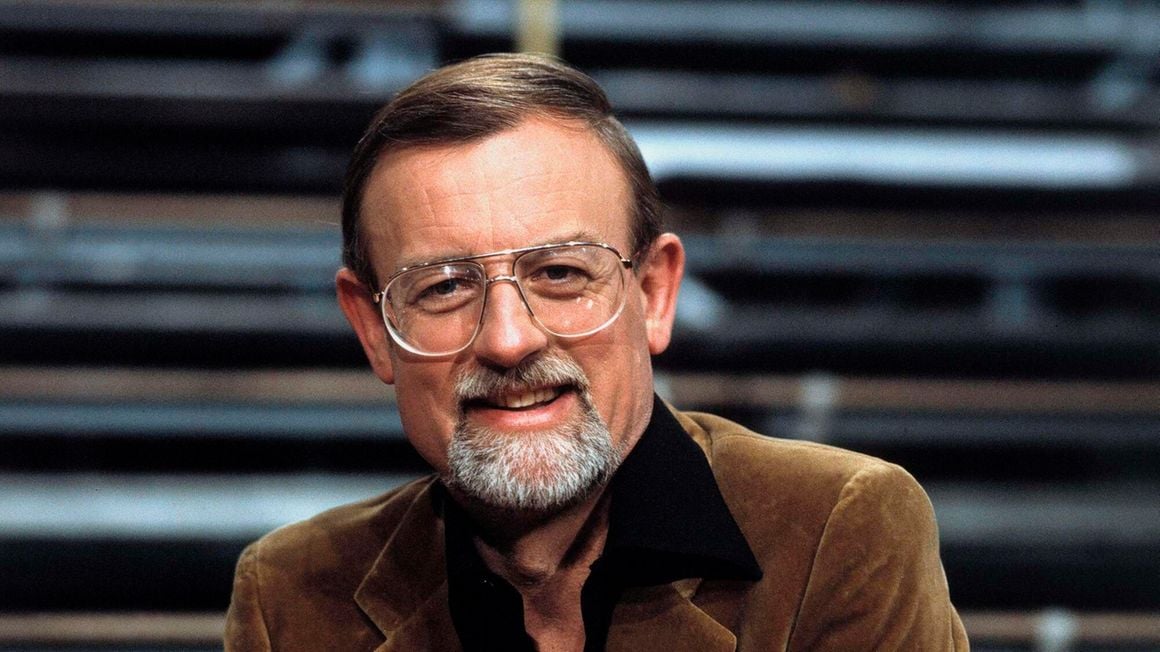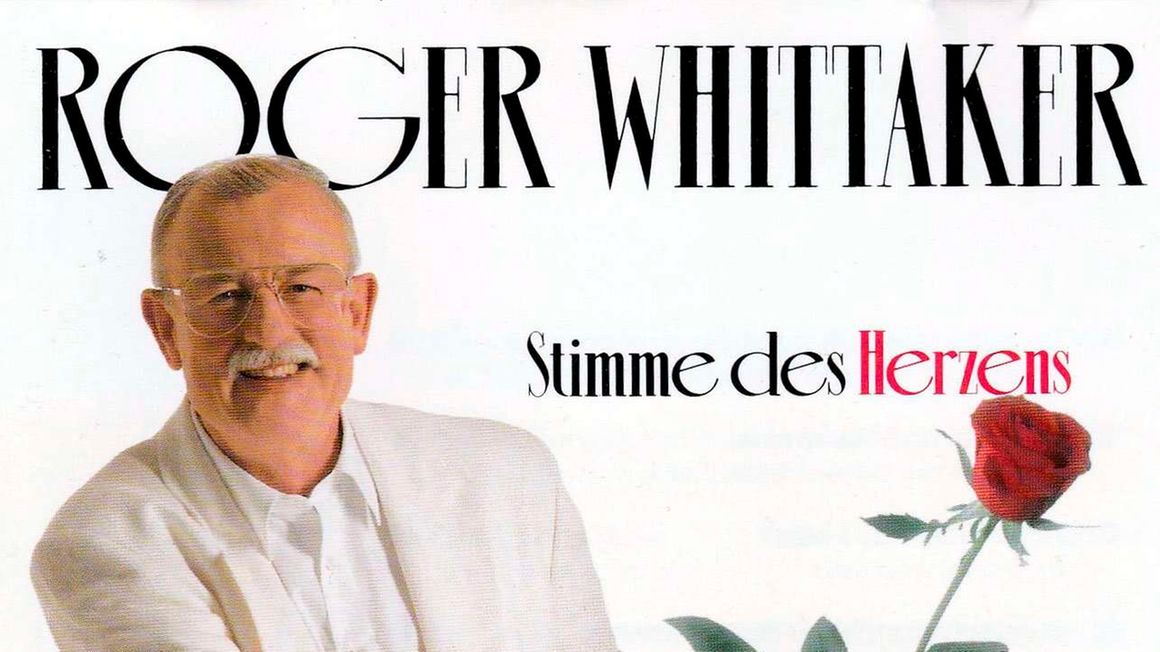If you were a regular listener to the Voice of Kenya General Service in the early 1980s then you may remember that the DJs often referred to a certain Roger Waithaka. In fact, it was their way of localising the name Roger Whittaker at a time when the Kenyan-born singer, songwriter and guitarist had just returned to the country after two decades of international success and was enjoying a lot of radio airplay thanks to his album Roger Whittaker in Kenya: A Musical Safari.
“I had heard someone coin the name at a social place and I decided to use it on radio,” recalls, now retired presenter, Lenny Mwashegwa. “Listeners loved it, and it stuck.”
Whittaker who died on September 13 at a hospital in the south of France, at the age of 87, started singing by learning the words of the Nandi folk song Chinjelip, from his nanny.
By the age of seven, he was playing the guitar and singing in various choirs. He didn’t just possess a striking baritone, as heard on timeless ballads like Indian Lady, Railway Hotel, The Last Farewell, Mammy Blue and his signature My Land Is Kenya, but he developed a unique singing style flavoured with yodelling and whistling.
When Whittaker returned to Kenya in 1982, he gathered a group of traditional musicians to rekindle memories of the folk song that greatly influenced his musical style.
“The wonderful drumming and all those infectious rhythms have played a part in everything I have written and sung,” he says in the film Roger Whittaker: A Musical Safari in Kenya.
That project consisting of an album and a film shot across Kenya’s remarkable landscape, as Whittaker shared the history of the land of his birth, through narration and music, arguably did more to market the country as a tourist haven when it was screened by the BBC in 1983, than any other single marketing blitz had managed to do until then.
Whittaker used his music to champion wildlife conservation, (his record label Tembo, was named after the Swahili word for elephant).
The sleeve of his 1982 album had his picture holding a guitar, with an elephant in the background and the song, Make Way for Man, warned about the threat to nature by destructive human activities, long before climate change became a global emergency.

Born to British parents in Nairobi on March 22, 1936, Roger Henry Brough Whittaker was fluent in Swahili before he could speak English.
His father, who had moved his family to Kenya for a warm climate after he was disabled in a motorcycle crash, ran a popular grocery store called Slater and Whittaker in Westlands.
He received his first guitar from an Italian who was among the prisoners of war captured in North Africa during World War II and transported to Kenya.
“We used to go as children and see them because they were not guarded. This one prisoner made a guitar for me and a mandolin for my sister,” Whittaker recalled.
He attended The Prince of Wales School (later renamed Nairobi School), from 1949 to 1954 and within three weeks of leaving school, was drafted into the Kenya Regiment where he served until 1956. Whittaker then enrolled at the University of Cape Town, South Africa but spent more time performing music than he did on his premedical studies.
He dropped out after just 18 months and became an apprentice teacher before returning to study zoology, biochemistry and marine biology at the University of Bangor in Wales in 1959.
As he was graduating from university in 1962, his first professional single Steel Men had entered the UK music charts. Back in Kenya, record producer Charles Worrod who had bought East African Records, discovered the company had a contract with a young artist known as Hank.
“He was an obviously talented youngster who had recorded an advertising jingle for the company to promote Shell Oil Company,” writes Worrod.
Hank was a stage name that Whittaker had adopted early in his career and when he turned up in Worrod’s office, it was to demand that he be released from his contact as he had received an offer from EMI Records.
“I looked at this eager, talented youngster who was trying to carry things off as though this were an everyday occurrence,” writes Worrod. “I took out my copies of our contract and tore them to bits in front of him.”
That act released Whittaker to enjoy a prolific touring and recording career, first with EMI, then RCA Victor and eventually his own Tembo Records. His most successful chart single was The Last Farewell which sold 10 million copies worldwide, though Indian Lady and My Land Is Kenya, are firm favourites with Kenyan audiences, the latter for obvious reasons.

Whittaker’s career was jolted by a personal tragedy in 1989 when his father was murdered in armed robbery at their home in Nairobi. He took a break from recording and touring to deal with the loss but eventually resumed his packed concert schedule until 2013 when he retired to the south of France. He led a quiet life until his death following “complications of a long illness” on September 13, 2023.
Credit: Source link